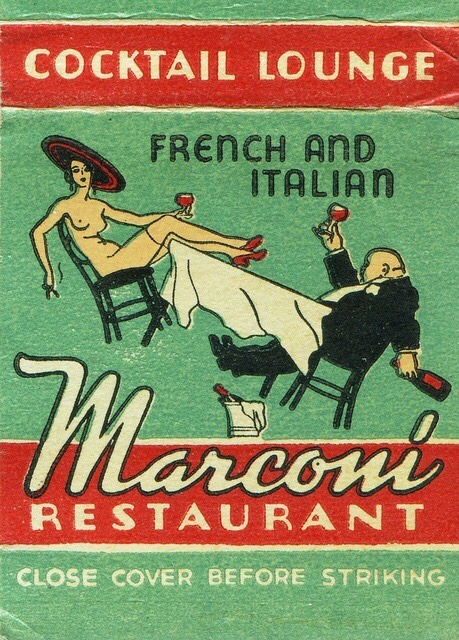I think you know by now that I’m fascinated by Sir Richard Francis Burton, author (or at least translator) of the first dirty book I ever read, The Perfumed Garden. There’s a good deal about food and drink in that text, and even though I’m not sure that Burton was much of a trencherman, I have found something relevant.
It’s from The True Life of Captain Sir Richard F Burton, KCMG, FRGS, ETC, an official biography written by Burton’s niece Georgiana M. Stisted in a chapter titled ‘Life on the March’ describing Burton and Speke’s expedition of 1857 to Eastern Africa in search of an inland sea which had been described to them by Arab traders (aka slavers). If they also managed to find the source of the Nile that would have been good too, though it wasn’t an explicit aim of the expedition.
The passage runs as follows:
‘Food of some sort was generally procurable; it varied from holcus bean broth, or leathery goat-steak, to ‘fixings’ pf delicate venison, fatted capon, and young guinea fowl or partridge with sauce compounded of bruised rice and milk. Dinner was at 4 pm. At first the Goanese declined to cook “pretty dishes,” such as pasties and rissoles, on the plea that such efforts were impracticable on the march, but they changed their minds when warned that persistence in their theory might lead to painful results.’
Yes, Sir Richard knew how to deal with cooks.
This is a Goan pasty (with pork) by Anjum Anand:
And this is a Goan prawn rissole, from hildastouchofspice.com:
Who knew? Well, I suppose a great many Goans, and even the occasional Victorian imperialist.


























